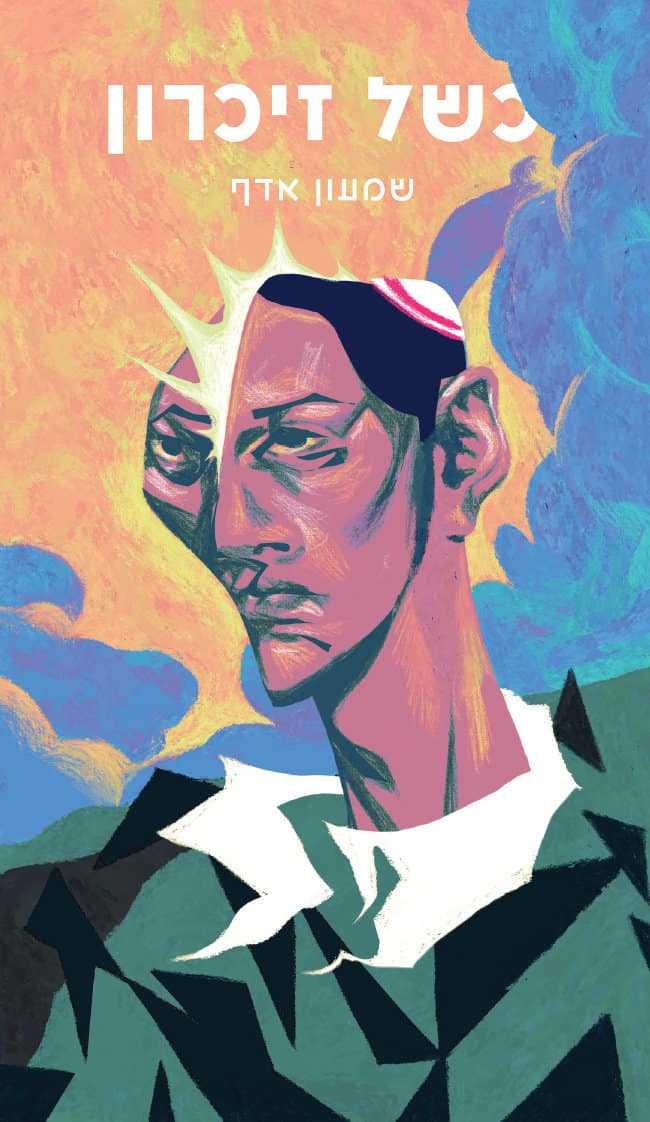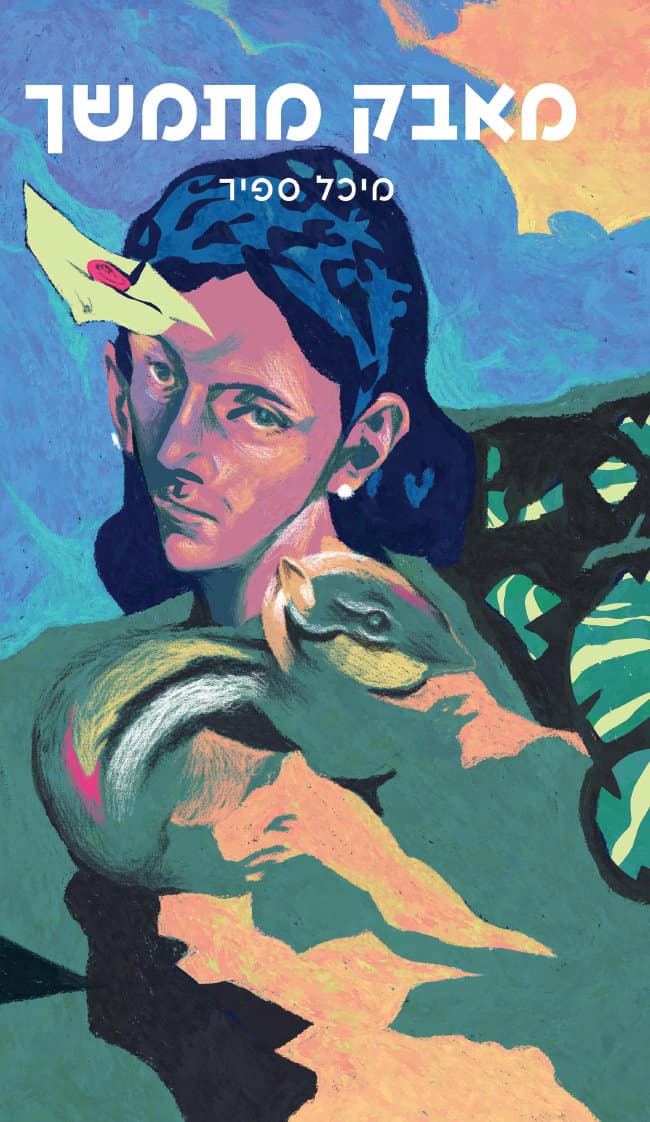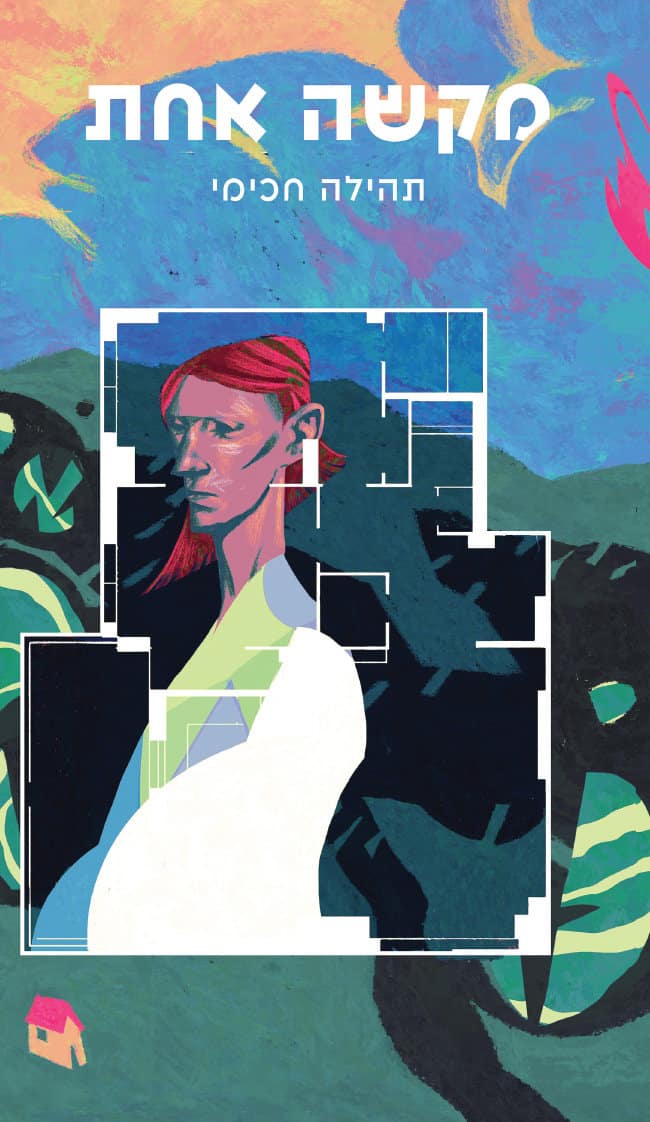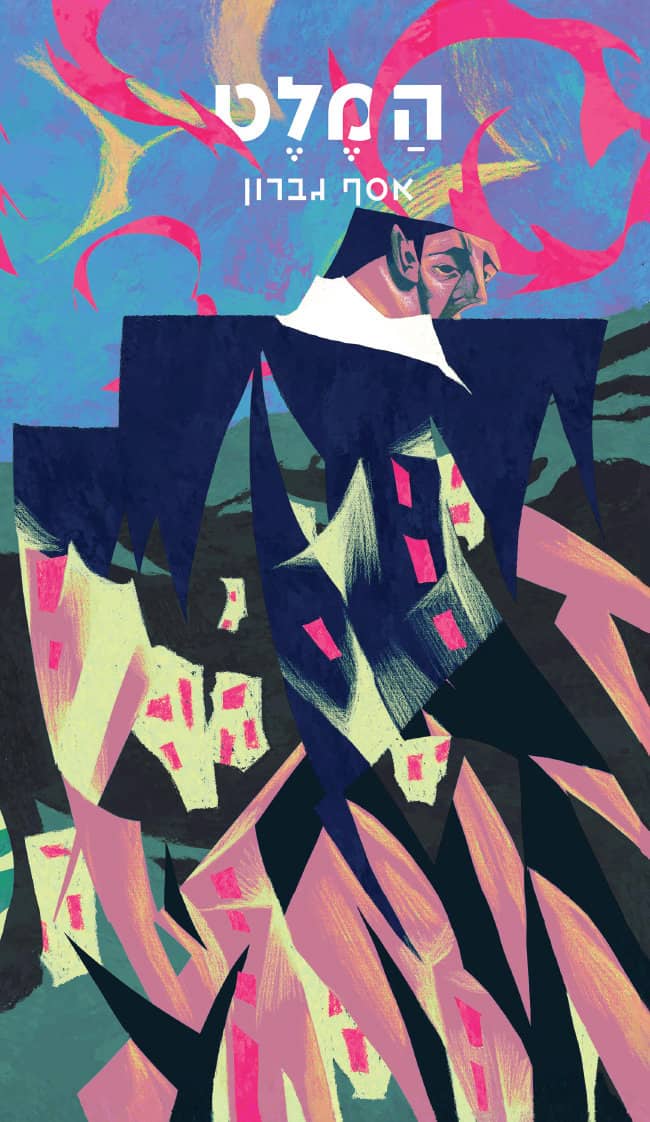The year is 2066. After a string of ecological disasters, on the one hand, and a technological acceleration that makes a substantial part of human labor redundant and heralds an era of material abundance, on the other hand, the Middle East realigns politically, socially, and economically, as do other regions of the world. The Banks of the Jordan, the area that includes Israel, Palestine, Jordan, and parts of Lebanon and Syria, is a district with an autonomous government, subordinate to the Council of the Middle Eastern Union. Every individual member is entitled to a universal salary and public housing in exchange for hours devoted to the public benefit.
This scenario, with all its details and minutiae, was created by four writers—two women and two men—who participated in a pioneering project of post-capitalist literature at the Van Leer Jerusalem Institute, as a research group led by Dr. Kfir Lustig Cohen. Four novellas were born of this thought experiment, each of them set in a shared, post-capitalist scenario, and constitute a platform for examining the possibility of existence in it and the challenges that await citizens in its planned society.
In Cement (Hamelet), Assaf Gavron explores the issue of human nature. What in us is the product of education and cultural norms, and what remains unchanged even when the world order and basic assumptions change?
In Watermelon Patch, Tehila Hakimi explores questions of ownership and their relation to identity—ownership of land, ownership of children, ownership of one’s body—and the gendered questions that spring from the common forms of ownership.
In Memory Lapse, Shimon Adaf considers the status of intellectual capital as a resource with economic significance and explores the configurations of Jewish religion and identity in an era of material prosperity.
In Ongoing Struggle, Michal Sapir delves into the question of literary form: What literary form is best suited to dealing with a reality whose basic assumptions regarding the distribution of resources and other partnerships differ from those in which literature as we know it is written.




